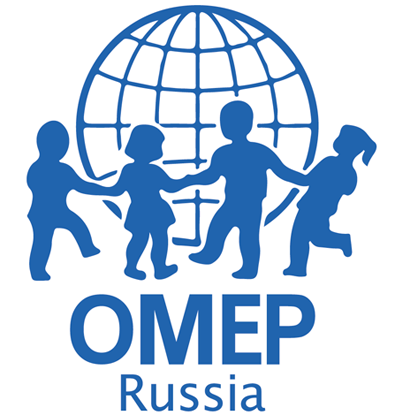Mediator effects of self-regulation in the relationship between school engagement and academic success in adolescence
Book of Abstracts
Self-regulated learning and school engagement are significant factors of students' academic success in different ages. Presented research aims to identify the mediator role of conscious self-regulation in the relationship between the components of school engagement and the academic performance of adolescents. 1127 (43% female) 10-17-year-old Russian adolescents participated in this study. School engagement has been assessed by the Multidimensional Scale of School Engagement (Wang et al., 2019) adapted on the Russian sample. The questionnaire evaluates behavioral, cognitive, emotional, and social components of engagement. For the assessment of self-regulation, the Self-Regulation Profile of Learning Activity Questionnaire (SRPLAQ) we used (Morosanova, Bondarenko, 2015) containing the following scales: planning, modeling, programming, results evaluation, flexibility, independence, reliability, responsibility, and integrative indicator - the general level of self-regulation. New significant results have been obtained on the relationship between conscious self-regulation and school engagement, as well as the specifics of their joint contribution to the academic performance of different age students. It is shown that conscious self-regulation acts not only as a resource for academic success but also as a factor mediating the impact of school engagement (its general level and individual components) on academic performance. An analysis of moderated mediation revealed significant moderation effects of the age factor (school grade) on the relationship between self-regulation, school engagement and academic performance. The most distinct mediation effects were found in grades 7, 10-11. The results are discussed within the context of the conscious self-regulation formation problem and the dynamics of engagement in different periods of school education.

Russian Psychological Society
e-mail: ruspsysoc@gmail.com

Federal Scientific Center for Psychological and Interdisciplinary Research,
Moscow, Russia
e-mail: forumdigitalchildhood@gmail.com

Psychology Department of the Lomonosov Moscow State University,
Moscow, Russia
e-mail: psy@psy.msu.ru



 2021
2021  2022
2022  2023
2023 2024
2024





